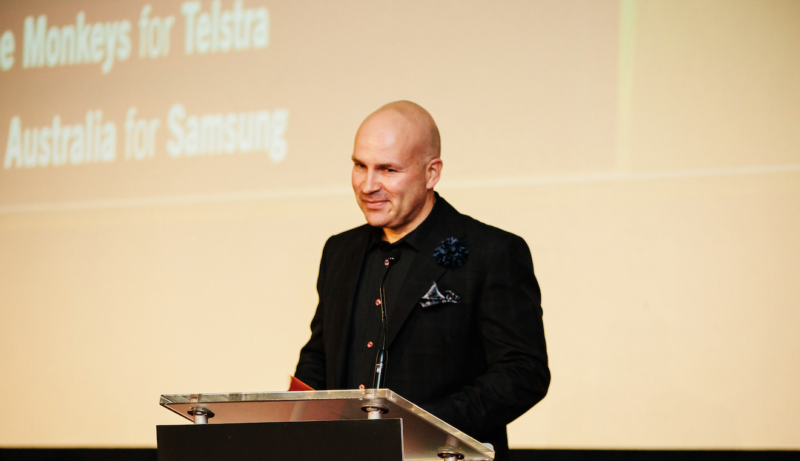Brands and Instagram influencers warned about misleading and illegal posts
Brands and influencers should be aware of the legalities of social media posts, particularly on Instagram, a legal expert has warned.
Stephen Von Muenster, principal at DVM Law, told a room of marketers at Mumbrella’s Health and Wellness Marketing Summit that if a post is misleading, then it is illegal.


